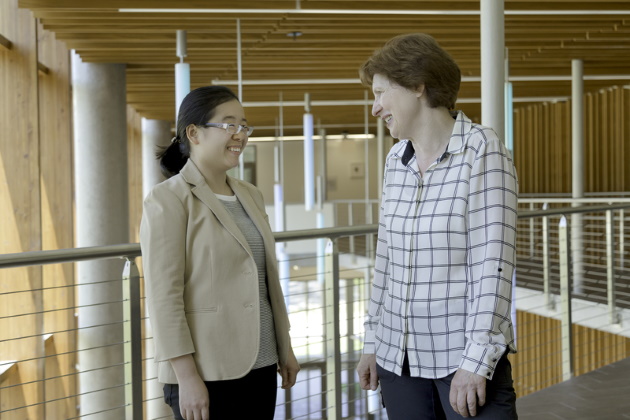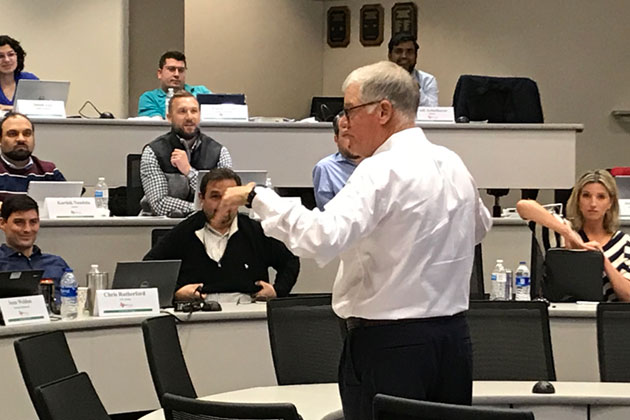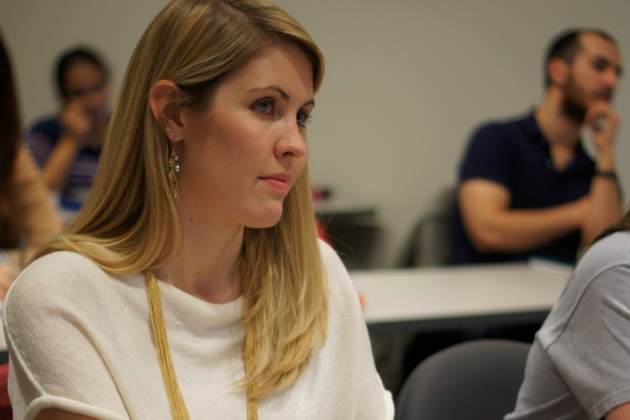
Written by Pamela Foster Brady
When I am asked what makes a good executive MBA candidate, several thoughts come to mind. I’m looking for mature working professionals that are ready to invest in accelerating their career.
Are you a professional ready to invest in your career?
When I am asked what makes a good executive MBA candidate, several thoughts come to mind. I’m looking for mature working professionals that are ready to invest in accelerating their career. I’m often asked about undergraduate GPA and GMAT scores. There are many potential EMBA students who didn’t have a stellar undergrad career…twenty years ago. I don’t believe that’s a “life sentence” for prospective students, but it will be a discussion point during the interview. Additionally, I’m not particularly interested in how well you perform on a standardized test. It’s more important that you have the maturity to add value to the classroom discussion, bring a unique perspective to the program and have the ability to progress in your career.
Four aspects to focus on:
Career Progression
First, the selection committee is looking for your career progression. Have you been promoted to positions of increased responsibilities? Are you managing people? Do you have P&L responsibilities (or if you are in a cost center, budget responsibilities)? Have you demonstrated leadership? Are you willing to take on difficult challenges? How will you bring value to the classroom discussion?
Diversity
Second, we value diversity in the classroom. This obviously includes gender and ethnic diversity but we also look for diversity in industries and in skills. Located in the heart of the technology belt of the DFW Metroplex, we could fill a classroom with eight year IT professionals looking to get their first management position. Diversity of thought is an essential element in an executive MBA program. You will learn much from your fellow cohort members with their, on average, 17 years of professional experience, but you must bring your own unique experiences to the program.
Communication
Third, we are looking for excellent communications skills. Prospective students need to be able to clearly articulate ideas to each other both verbally and in writing. Is your vocabulary littered with “ums”, “likes” and “you knows”? Ask your friends and family to help you clean it up. First impressions are sometimes the only impression you get to give. If you have English-as-a-Second Language (ESL) be sure that your essay is flawless. To succeed in influencing your leadership, your colleagues and your direct reports, you must have excellent communications skills to inspire, motivate and challenge to obtain the desired outcomes in business.
Investment
Fourth, a rigorous executive MBA program requires a financial and time investment. We’re looking for students that have the ambition and attitude to succeed – individually and to help the cohort as a whole. As you prepare to write your admissions essay and prepare for your interview, consider how you will convey your readiness to succeed.


